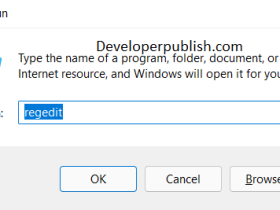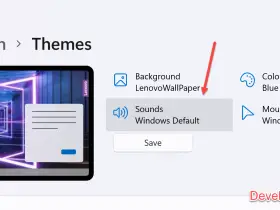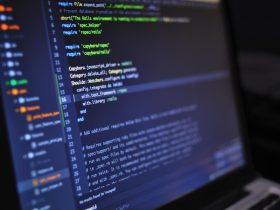Different ways to speed up your PC
A slow PC can be frustrating, especially if you use it for work or other important tasks. Fortunately, there are several ways to speed up your PC and improve its performance. In this blog post, we’ll explore some of the different ways to speed up your PC.
Why should one speed up their PC?
There are several reasons why you might want to speed up your PC:
- Increased productivity:
- A faster PC can help you get more work done in less time, allowing you to be more productive and efficient.
- Better gaming experience:
- If you’re a gamer, a faster PC will allow you to play games with higher settings and smoother frame rates, giving you a better gaming experience.
- Improved multitasking:
- With a faster PC, you can run multiple programs and applications simultaneously without experiencing lag or slowdowns.
- Better overall performance:
- A faster PC can improve the overall performance of your system, including faster boot times, quicker file transfers, and improved system responsiveness.
- Extended lifespan:
- By keeping your PC running smoothly and efficiently, you can extend its lifespan and avoid the need to upgrade or replace your hardware as frequently.
Different ways to speed up your PC
There are several ways to speed up your PC:
- Uninstall Unused Programs:
- Uninstall any unused programs or applications that you no longer need or use. This will free up space on your hard drive and help your PC to run faster.
- Delete Temporary Files:
- Delete any temporary files that are taking up space on your hard drive. These files are created by Windows and other applications when they are running and can slow down your PC.
- Disable Startup Programs:
- Disable any unnecessary programs that are set to start when your PC boots up. This will help your PC to start up faster and run more smoothly.
- Perform Disk Cleanup:
- Use the built-in Disk Cleanup tool to remove temporary files, system files, and other unnecessary files from your PC.
- Upgrade Your RAM:
- Adding more RAM to your PC can help it to run more smoothly, especially if you are running memory-intensive programs like video editing software or games.
- Upgrade Your Hard Drive:
- Upgrading to a solid-state drive (SSD) can significantly improve your PC’s performance. SSDs are faster and more reliable than traditional hard drives.
- Use a Reliable Antivirus:
- Install a reliable antivirus program to protect your PC from malware and other security threats. Malware can slow down your PC and cause other problems.
- Disable Visual Effects:
- Disabling visual effects like transparency, animations, and shadows can help your PC to run faster, especially if you have an older PC with limited resources.
- Defragment Your Hard Drive:
- Use the built-in Disk Defragmenter tool to defragment your hard drive. This will optimize your hard drive and help your PC to run more efficiently.
- Update Your Drivers:
- Make sure that all of your drivers are up to date. Outdated drivers can cause performance issues and other problems with your PC.
A slow PC can be frustrating, but there are several ways to speed it up. By removing unnecessary programs and files, defragmenting your hard drive, disabling startup programs, upgrading your hardware, using an SSD, keeping your drivers up to date, and using a system optimizer tool, you can significantly improve your PC’s performance. Give these methods a try and see how they can help you to speed up your PC.





Leave a Review